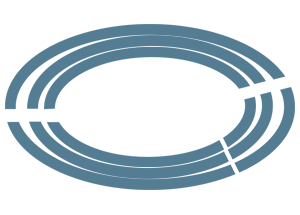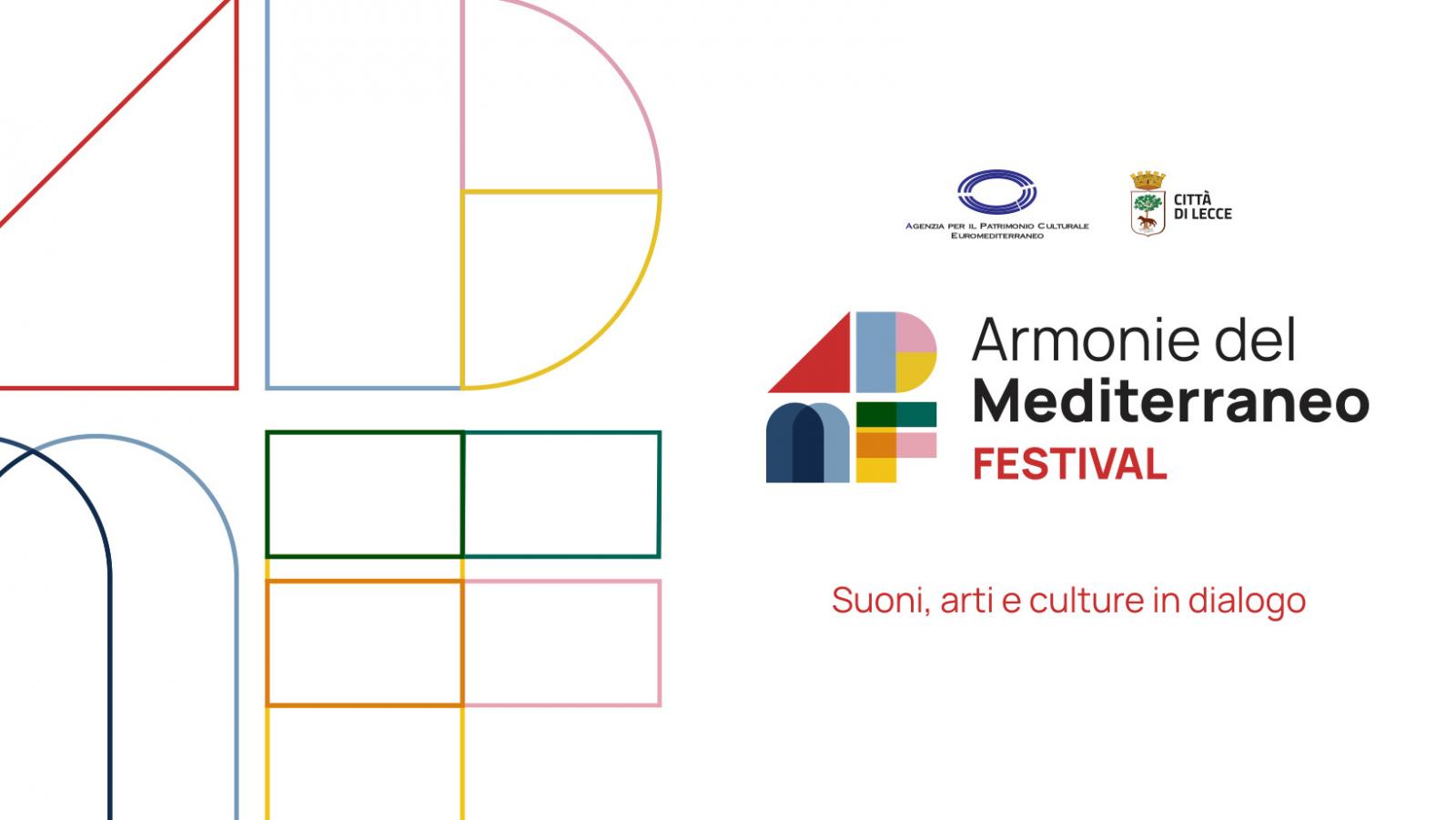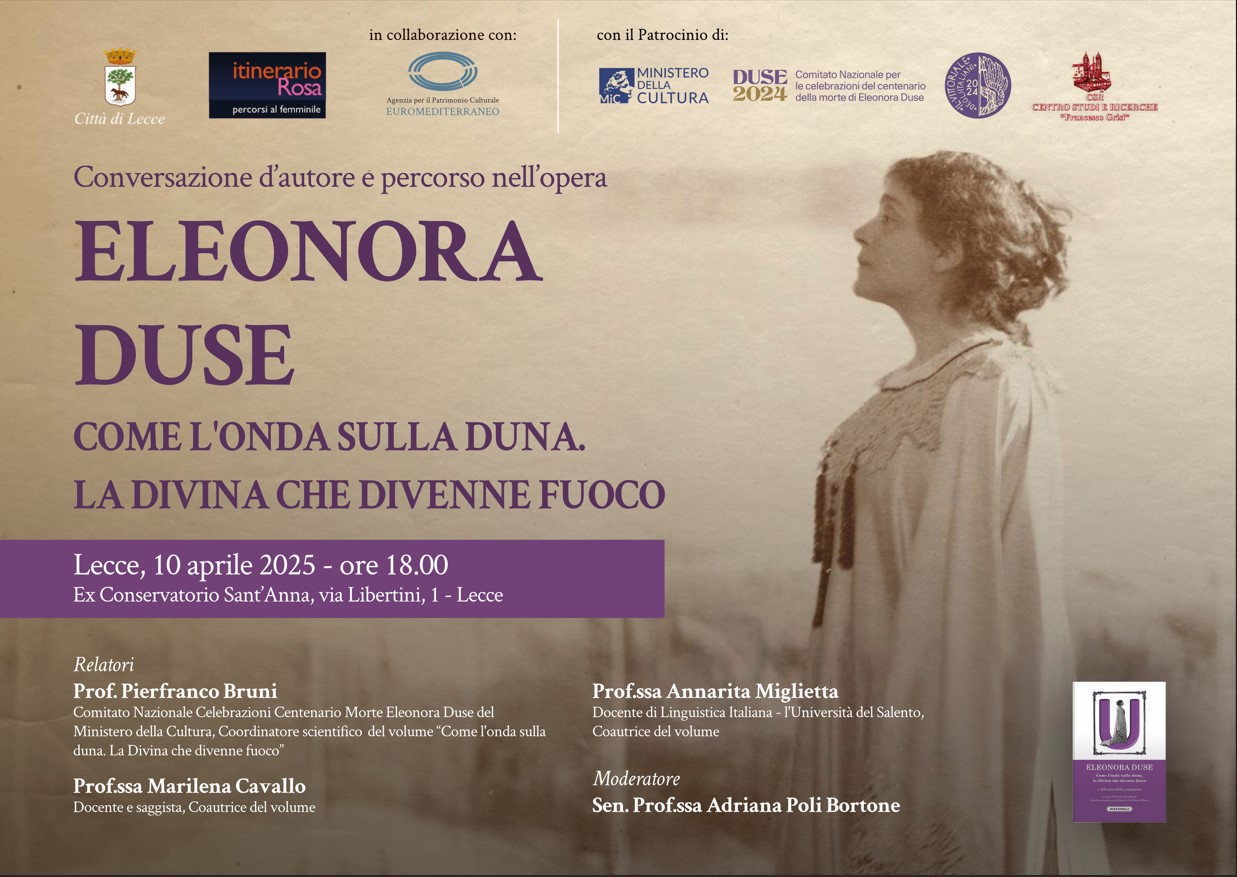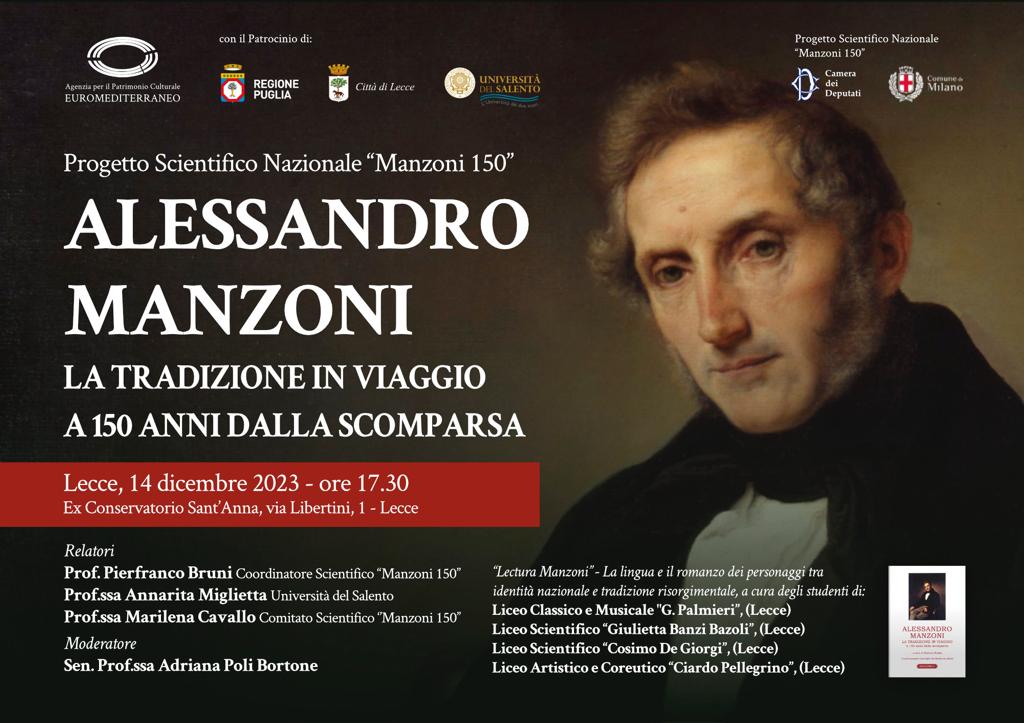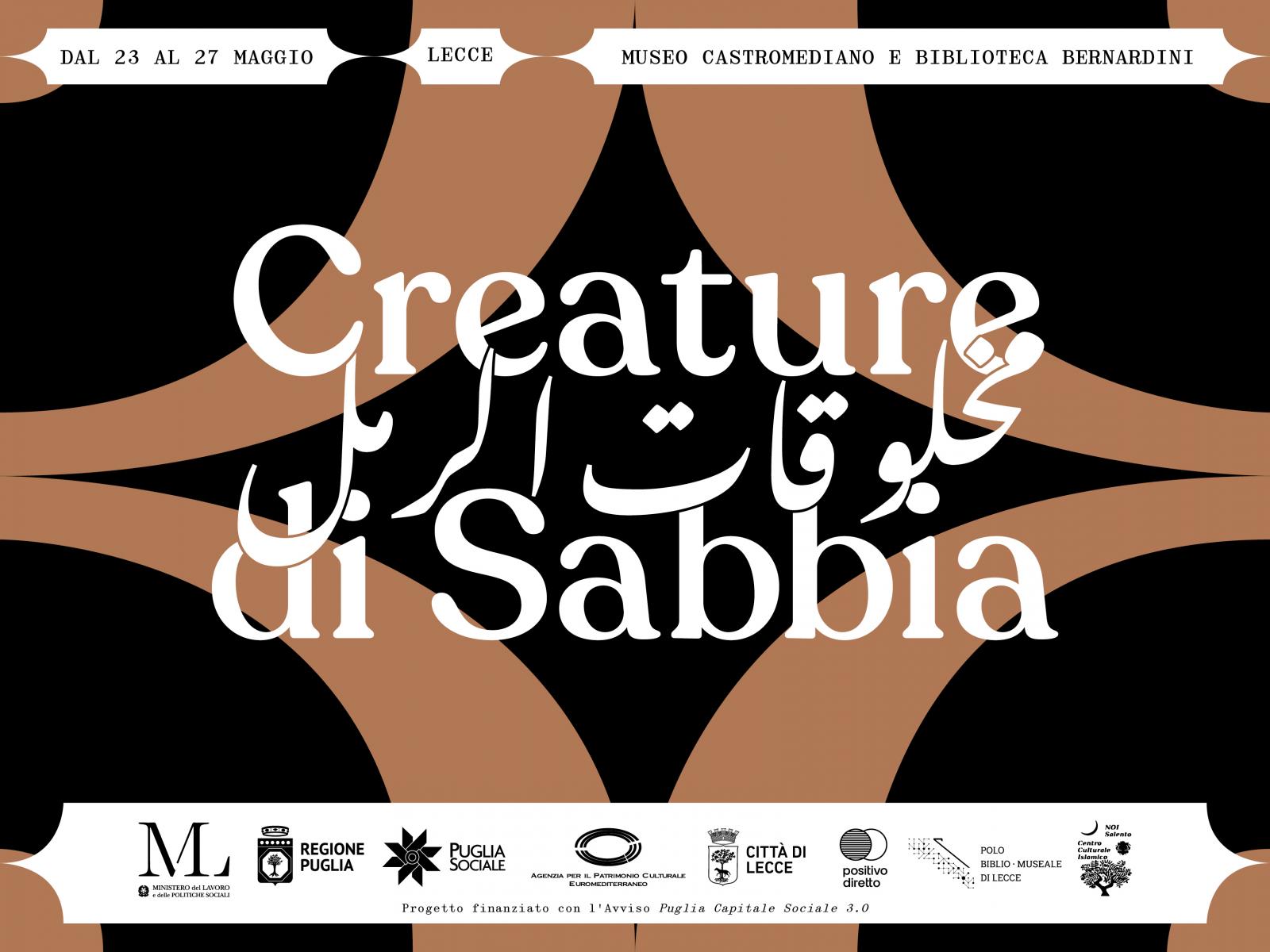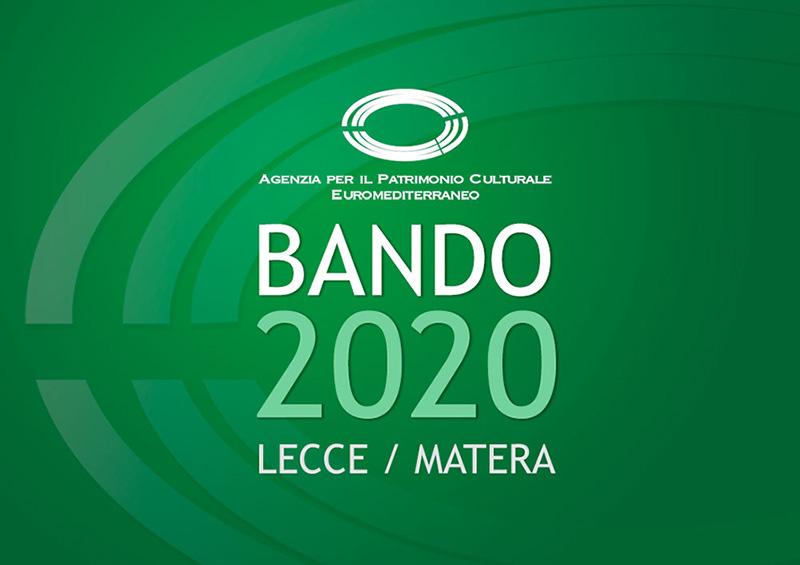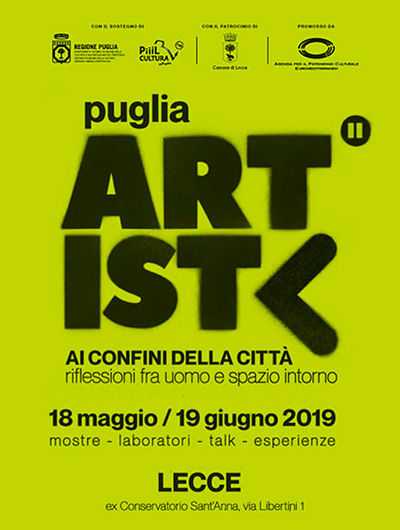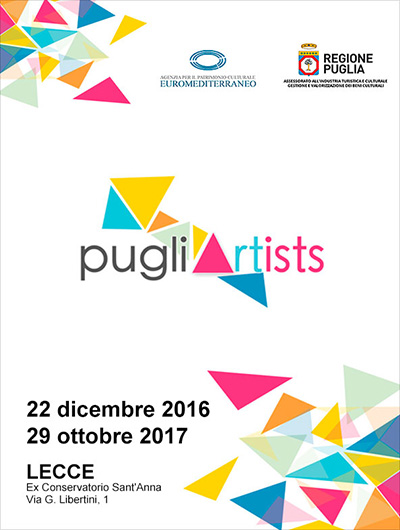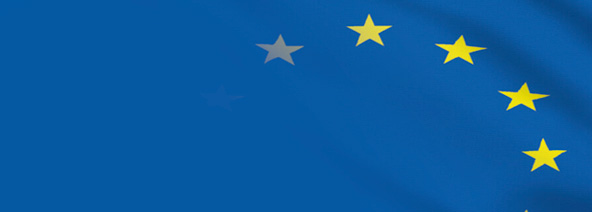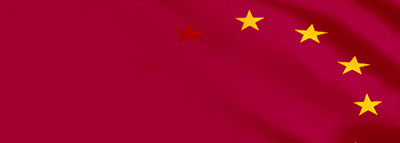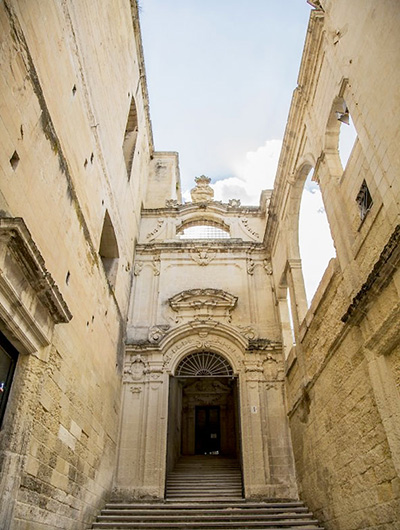Immediately following, the cloister becomes a space of deep listening with the encounter “Poetry as a Tool for Narrating the Mediterranean”, a dialogue between Albanian poet Gëzim Hajdari and writer and essayist Angela Bubba. Here, poetry becomes a place of passage—an act that is both political and intimate—capable of bearing the weight of exile, the dignity of movement, the strength of memory. Hajdari, a poet in exile, gives voice with his raw and vibrant language to those on the margins—those who have lost their homes but not their words. Bubba’s reflections guide the audience through a path where literature, the body, and territory intertwine, grounding poetic language within the shared horizon of the Mediterranean.
At 9:00 PM, words give way to music. On stage, Stefano Saletti, Fabia Salvucci, and Giovanni Lo Cascio offer a performance that is both journey and ritual. At its heart is Sabir—the ancient lingua franca of Mediterranean ports, born as a code between fishermen, merchants, travelers, and soldiers from different cultures. Arabic and Greek, Balkan and Italian sounds blend into a musical fabric that transcends time and shores. The trio Stefano Saletti & Banda Ikona draw on the musical traditions of the South, the Maghreb, and the Levant. Their instruments—the bouzouki, the oud, the frame drum—tell, even without words, the richness of a civilization built on crossings, interweavings, and blends. This musical journey spans centuries and geographies, where sound becomes both sail and root, wind and memory—restoring the cultural, spiritual, and sonic wealth of our sea.
The first evening of the Festival does not offer answers—but possibilities. It brings to life a Mediterranean that is deep and in motion, made of voices that seek one another, remember, and tell their stories. It is an invitation to build a geography of listening, a time where art does not merely embellish but reveals, does not console but questions. Lecce once again confirms itself as a fertile ground for dialogue and vision.
What emerges from the first night is a sentimental and political map of the Mediterranean—made of stories and listening, encounters and resonances, of words that do not close but open. A collective act of care, a celebration of differences, a call to recognize ourselves in what flows through us.
The Festival is the beating heart of Armonie del Mediterraneo, the major summer project promoted by the Comune di Lecce, with scientific and operational coordination by the Agenzia per il Patrimonio Culturale Euromediterraneo, and the support of TAP – Trans Adriatic Pipeline. From 4 to 20 July, Lecce becomes a Mediterranean city—a place open to coexistence, listening, and the plurality of languages and cultures. Armonie del Mediterraneo is not a mere cultural program, but a choral project that narrates the complexity of our time—a network of events, performances, and encounters designed to restore the Mediterranean’s voice: layered, mobile, plural. Lecce, by geography and by vocation, is the natural setting where this vision takes shape.
The Festival del Mediterraneo continues on Friday 11 July with a second, equally powerful evening, dedicated to poetic exile and to female and popular Mediterranean narratives. On the program: a conversation with Syrian poet Nouri Al-Jarrah, a central voice in contemporary Arabic poetry, in dialogue with Monica Ruocco, scholar and interpreter of Arab world literatures. Following that, a musical reading by Teresa De Sio, an artist who blends storytelling and song, memory and the present, with a unique voice that unites tradition and rebellion. She will be joined by Sasà Flauto on guitar, for a performance that is both essential and powerful—where verses, sounds, and stories cross the sea.
